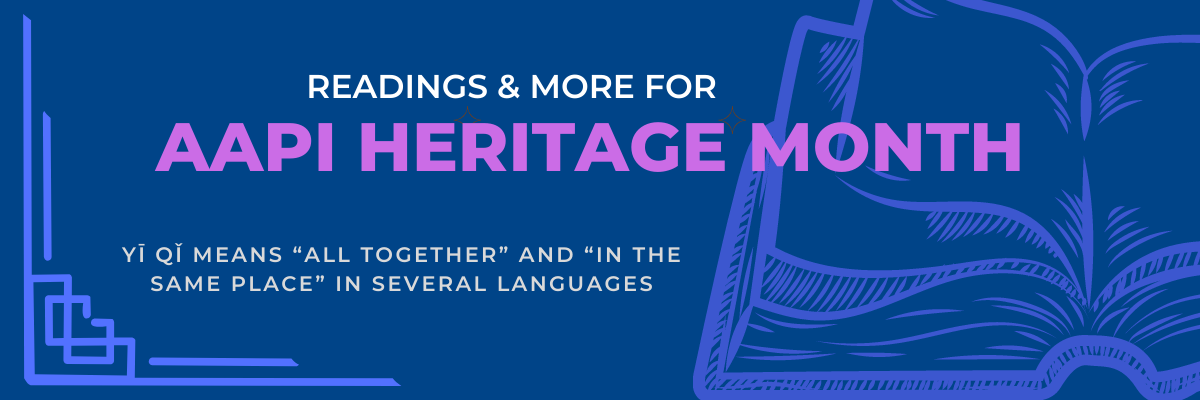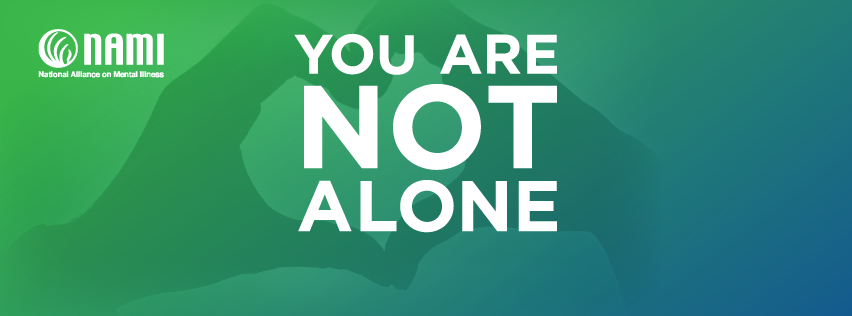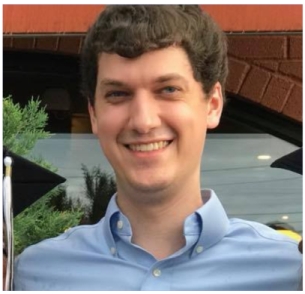Call for Fellows: Data Visualizations Using the D’Argenio Collection
-
-
-
-
- Seton Hall University – University Libraries (Fall 2021)
- Application Deadline: July 15, 2021
- Fellowship Period: Fall 2021
Background
Seton Hall University Libraries support excellence in academic and individual work, enable inquiry, foster intellectual and ethical integrity and respect for diverse points of view through user-focused services and robust collections as the intellectual and cultural heart of the University. Walsh Gallery, based in the Library, manages the University’s museum collections, and the Library’s Data Services division assists the University community in managing and presenting their data.
One of Seton Hall University’s most distinguished collections, the D’Argenio Collection of Coins and Antiquities, includes coins of ancient Greece, the Roman Republic, the Roman Empire and Byzantium as well as a small collection of related Byzantine and Etruscan artifacts: oil lamps, game pieces, weights and terra cotta figurines. Donor Ron D’Argenio became interested in ancient coins when taking courses in Greek drama and history as an undergraduate at Fordham University in the 1970’s. In 2001, he generously donated his collection to Seton Hall University in memory of his father, Rinaldo J. D’Argenio, who served in World War II and was awarded a Bronze Star for his valor. Ron D’Argenio is a practicing attorney working in Englewood Cliffs, New Jersey. The collection is available for study and research by students and scholars.
Data Services offers consultations to SHU community members assisting them with every stage of a data project from conceptualization, to choosing tools, to data analysis, to sharing results. Find more on the tools supported here: https://library.shu.edu/data-services.
Request for Proposals
The University Libraries seeks fellowship proposals using the Ron D’Argenio Collection as the basis for projects in the following two areas:
-
-
-
-
- Classics, Art History or History : a scholar from one of these fields, a related field or interdisciplinary scholar who would be able to analyze the collection in its historical context and add to our knowledge of the objects.
- Data Visualization: a specialist in data visualization, who would be able to create – in conversation with the humanities scholar (above) – an interactive visual representation of the collection that would allow users to explore the objects by interpreting and presenting the data in a number of ways (see all the coins within a certain date range, or all coins from a particular region, for example).
Specialists who have at minimum completed all coursework for the the terminal degree in their area are invited to propose research projects that fall under one or both of the above areas. Preference will go to the strongest applications that are both feasible for this collection and our technology infrastructure. All projects should incorporate the Ron D’Argenio Collection of Coins and Antiquities. The final product for the Classics/Art History/History scholar would take the form of a short (5-7 page) written report interpreting the collection which would additionally be shared with the University community as an article or lecture. The Data Visualization scholar would be responsible for producing a data visualization project which would be publicly presented on the University Libraries website and the process of creation described in an article or lecture. Beyond the duration of the fellowship, the work of both fellows will inform future initiatives with the collection.
You can view a small portion of the Ron D’Argenio Collection of Coins and Antiquities on our Google Arts and Culture page or you may make a research appointment to gather additional data and/or view the collection by contacting us at walshgallery@shu.edu or 973-275-2033.
Terms/Eligibility for Fellowships
Scholars who at minimum have completed all coursework for the terminal degree in their field may apply. Work can be performed remotely for the most part. Access to the collections on site is conducted in a socially distanced environment compliant with all recommendations aimed at stopping the spread of COVID-19. The University Libraries will provide each fellow with access to its library databases and resources, accounts in and support for the data software available, an email address and access to Microsoft Teams software for collaboration and Sharepoint for storage space. Fellows will be expected to give a presentation or write an article on their project to share with the University community by the fall of 2022.
Fellows will be paid a stipend of $2,500 for projects that focus on one of the two areas. Half will be paid on award, half on project completion. Applicants may propose a project that incorporates both Classical scholarship and data visualization for a combined $5000 to be disbursed in the same way.
Procedures
Submit a single pdf including the following components as an email attachment to library@shu.edu :
-
-
-
-
- an application cover sheet (which includes your name, project title, contact information and a short bio.
- a two-page statement (roughly 500 words), describing your research project and its relation to the Ron D’Argenio Collection of Coins and Antiquities, in which you explain how it fits into your past research (if applicable) and future plans.
- a curriculum vitae
- a recent example of scholarship
Notifications
Submissions must be received by July 15, 2021. Applicants will be notified by September 1, 2021. Research should take place in the fall of 2021, and the project results (written work or data visualization) completed by May 31, 2022. The lecture or article on the project should take place in the spring or fall of 2022. Please contact Sarah Ponichtera, Assistant Dean of Special Collections and the Gallery at sarah.ponichtera@shu .edu with any questions.

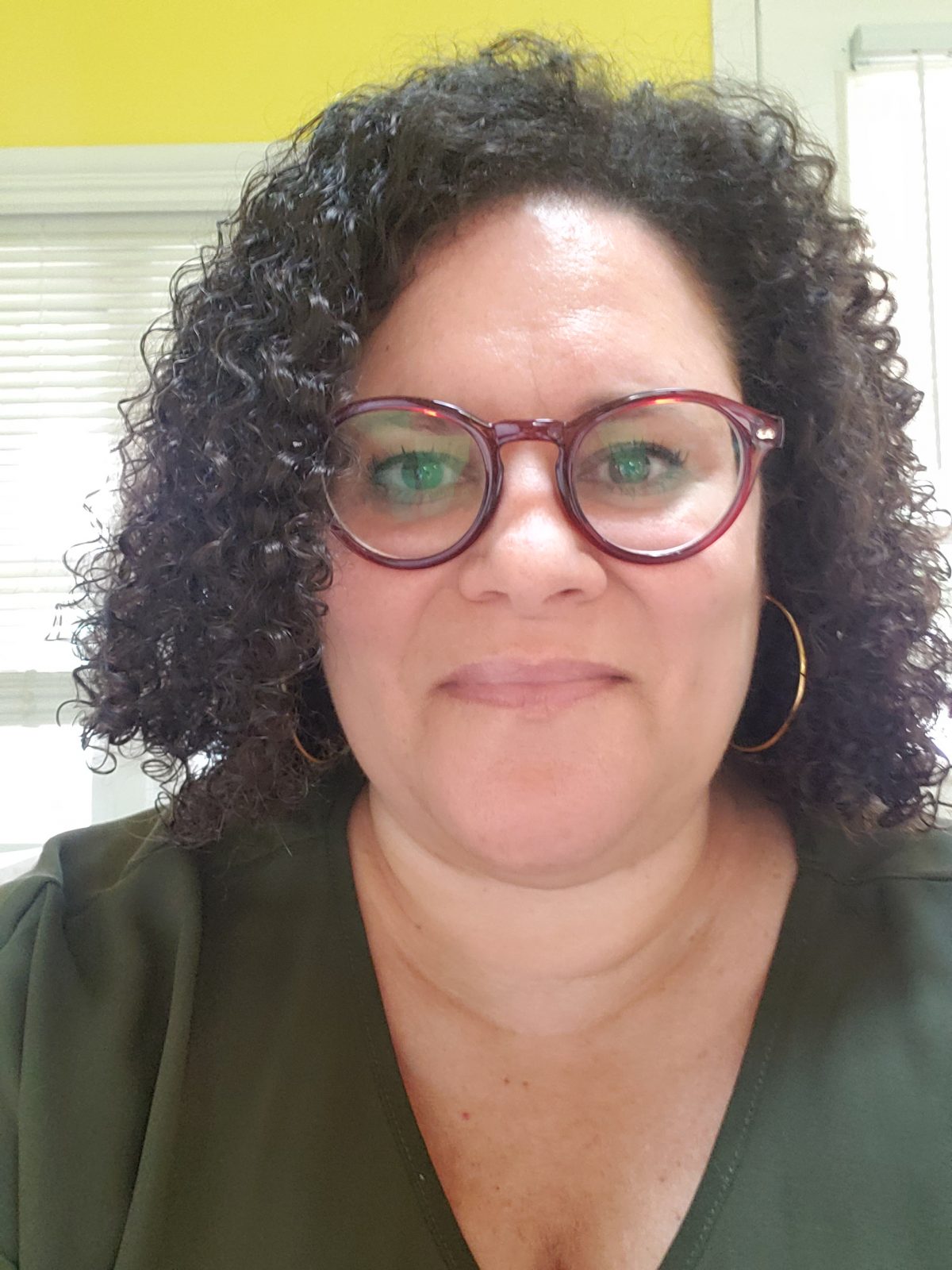
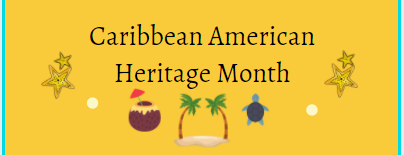

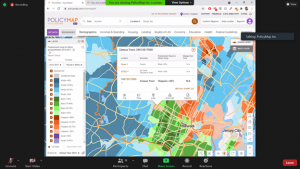 Information about new features is listed below:
Information about new features is listed below:
